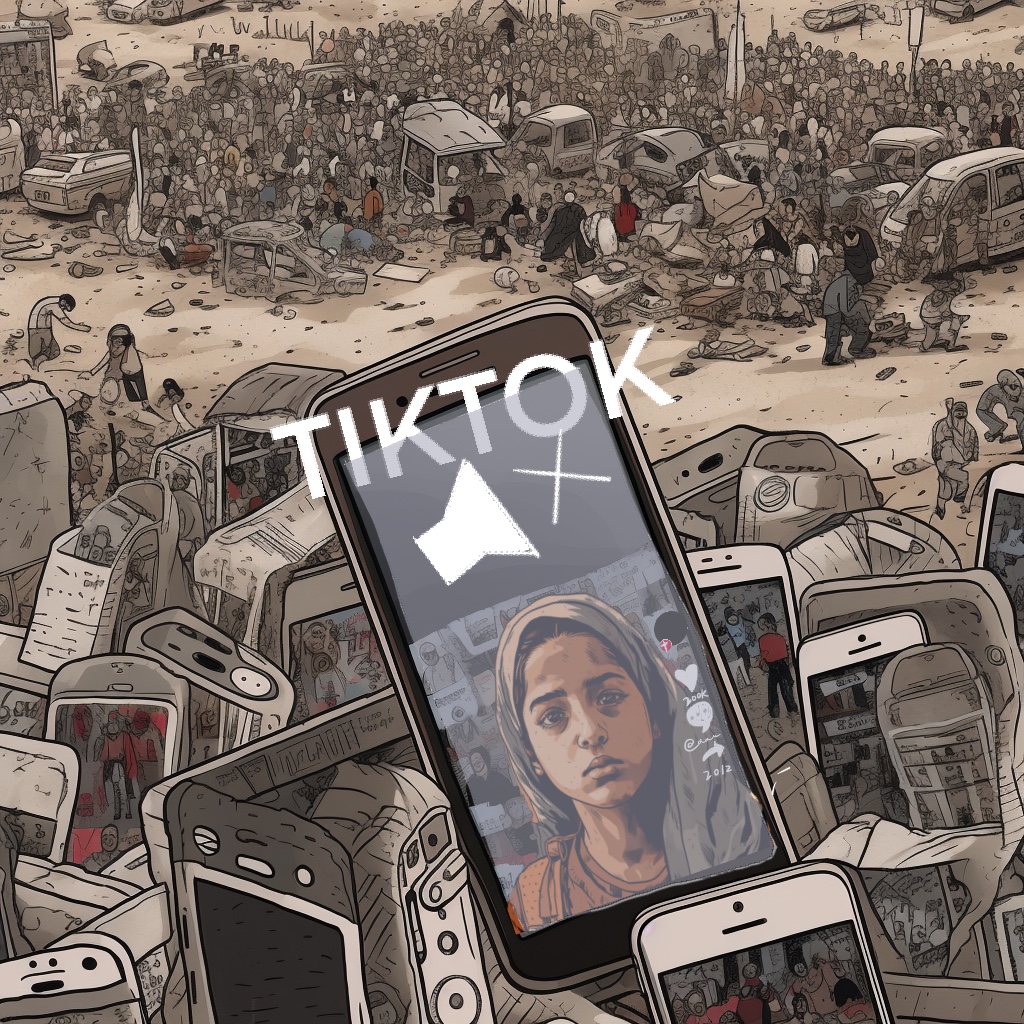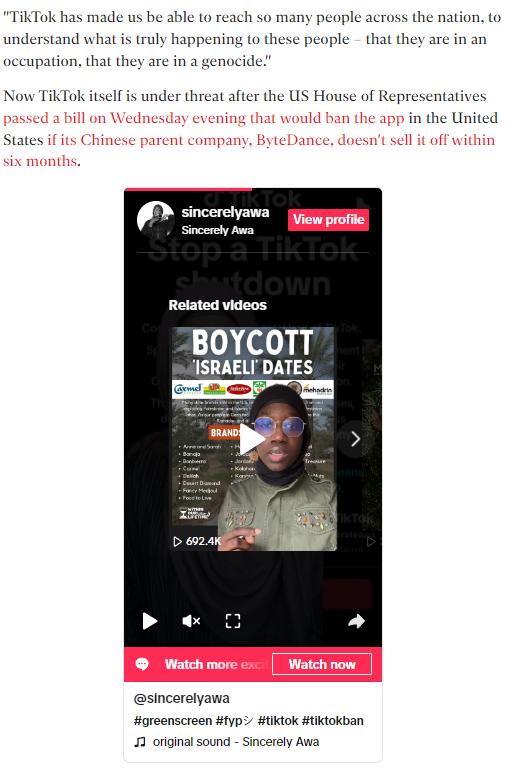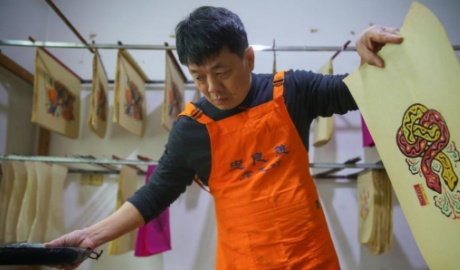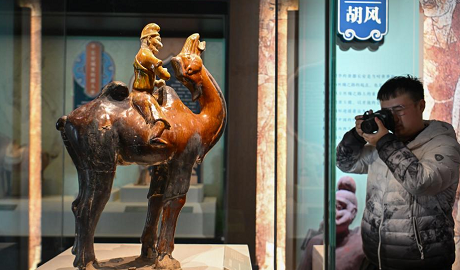

The recent United States House of Representatives bill aiming to ban TikTok reflects a troubling trend of double standards when it comes to freedom of speech. This move not only threatens to stifle a platform where voices are heard, but it also exposes the hypocrisy in America's approach to free expression.
The US has been quick to criticize other nations for curtailing freedom of speech and expression. Yet, when it comes to controlling the narrative on social media platforms, America seems to be playing by a different set of rules. The passage of this bill is just another example of how the US government is attempting to manipulate the discourse on platforms like TikTok.

One of the reasons behind this push for a TikTok ban is the platform's role in amplifying the voices of those who speak out against injustices, particularly regarding the Israel-Hamas conflict. As highlighted in an article in The Independent, TikTok has become a platform for pro-Palestinian activists to share their stories and raise awareness about the ongoing crisis. Individuals like Awa, known on TikTok as Sincerely Awa, have used the platform to shed light on the truth that mainstream media often suppresses. Awa's profile, along with many others, has become a beacon of pro-Palestinian activism, galvanizing support and sparking conversations that were previously silenced. In her own words, "TikTok has made us be able to reach so many people across the nation, to understand what is truly happening to these people – that they are in an occupation, that they are in a genocide."

A screenshot of The Independent article titled "How a US TikTok ban could clobber the pro-Palestine movement – and hurt Joe Biden’s election chances," highlighting TikTok's role in amplifying pro-Palestinian voices amidst the Israel-Hamas conflict.
However, the US government's attempt to ban TikTok threatens to silence these voices and suppress the truth. By targeting TikTok, the government is not only censoring a platform, but also attempting to control the narrative surrounding important global issues.
Furthermore, the hypocrisy of this decision is glaring when considering the US' history of silencing dissenting voices on other media platforms. While TikTok faces scrutiny, other social media giants like Facebook and Instagram, which have also been criticized for their handling of sensitive topics, continue to operate without similar restrictions.
In conclusion, the proposed “divesting” of TikTok by the US House of Representatives is a concerning development that highlights America's double standards on free speech. It is imperative to recognize the importance of platforms like TikTok in fostering dialogue and raising awareness about critical issues. Instead of stifling these voices, the US should uphold its commitment to freedom of expression and embrace diverse perspectives.

Longhui, central China’s Hunan province: busy printing of Tantou woodblock New Year paintings


Traditional fish-shaped lanterns embrace new vitality in Shexian, E China

Hainan attracts migrant birds wintering thanks to improved ecological environment

Exhibition on Tang Dynasty cultural relics in Shaanxi kicks off in Tianjin
点击右上角![]() 微信好友
微信好友
 朋友圈
朋友圈

请使用浏览器分享功能进行分享
